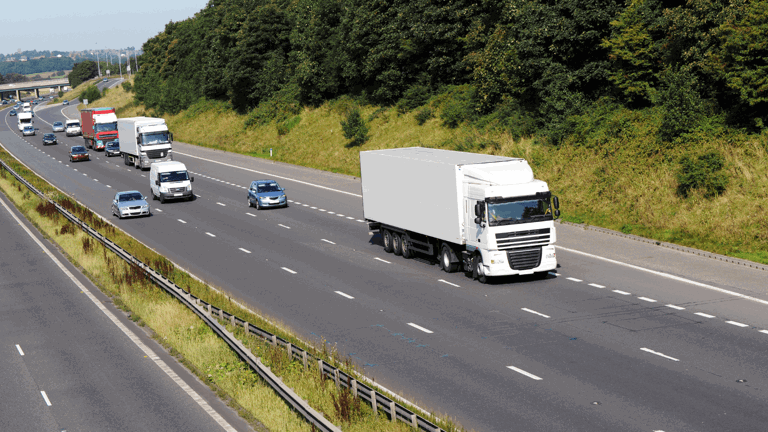Understanding your responsibilities when clandestine entrants are discovered in your vehicle or trailer is essential, particularly for haulage companies and drivers operating cross-border. The penalties can be severe, and the legal framework is increasingly complex. In this guide, we explain what a clandestine entrant is, who can be fined, how much those fines can be, and what defences may be available.
What is a clandestine entrant?
A clandestine entrant is someone who enters the UK illegally by hiding in or on a vehicle, most commonly a lorry or trailer. This method of entry is frequently encountered at ports and through the Channel Tunnel.
Who is liable if a clandestine entrant is discovered?
Both the driver and the operator of the vehicle (usually the employer or transport company) can be fined. The law imposes joint and several liability, meaning that either party can be held responsible for the full amount of the penalty, regardless of fault.
How much are the fines?
Under the current regime:
1. The starting fine for the driver is £6,000 per clandestine entrant.
2. The starting fine for the company/employer is £10,000 per clandestine entrant.
This brings the total combined liability to £16,000 per person, although discounts may apply in certain circumstances. For incidents involving multiple entrants, the financial exposure increases significantly.
Are there any available defences or reductions?
There are limited defences, and they typically only serve to reduce the amount of the fine. The current legal position makes it very difficult to avoid liability altogether. However, demonstrating a high level of compliance with security measures can result in a significant discount, up to 50% off the total fine.
To qualify for this reduction, both the driver and the employer must be able to show that comprehensive preventative measures were in place. This may include the use of security checklists, physical vehicle inspections, tamper-evident seals, and evidence of staff training.
How can companies and drivers protect themselves?
To minimise liability, it is essential to implement and follow a robust compliance regime. This includes:
1. Conducting thorough vehicle checks before, during and after every journey
2. Securing and sealing trailers with approved equipment
3. Keeping clear and consistent records of all inspections
4. Training staff and drivers on how to identify and report potential breaches
Achieving the full discount is not easy. The rules are detailed, and even a small procedural failure can lead to the full fine being imposed. Many in the sector consider the system to be an unfair transfer of responsibility from government to private operators.
Are there legal challenges to the current regime?
Yes. A number of appeals are currently progressing through the courts, challenging the scope and fairness of the civil penalty regime. While these cases may influence the law in the future, for now, the framework remains strict and heavily enforced.
Contact our Transport & Logistics Solicitors
The law surrounding clandestine entrants is unforgiving, and the consequences for non-compliance can be severe. With fines of up to £16,000 per entrant and the increasing complexity of Home Office rules, it is essential that businesses and drivers take proactive steps to mitigate their risk.
If you or your business is facing a civil penalty, or if you need advice on how to strengthen your compliance processes, our specialist team can help. We provide expert guidance tailored to the logistics and transport sector, helping you protect your business, avoid fines, and stay ahead of changing regulations.
Key Contact

Costas Nicolaou
Dispute Resolution Partner
Costas is a Partner within our Dispute Resolution team and has built a reputation for his pragmatic approach and commitment to securing optimal outcomes for his clients.
Need to Talk to Someone?
Use the form to send us some details about your matter and one of our experts will get in touch, or you can call us using the number below.




